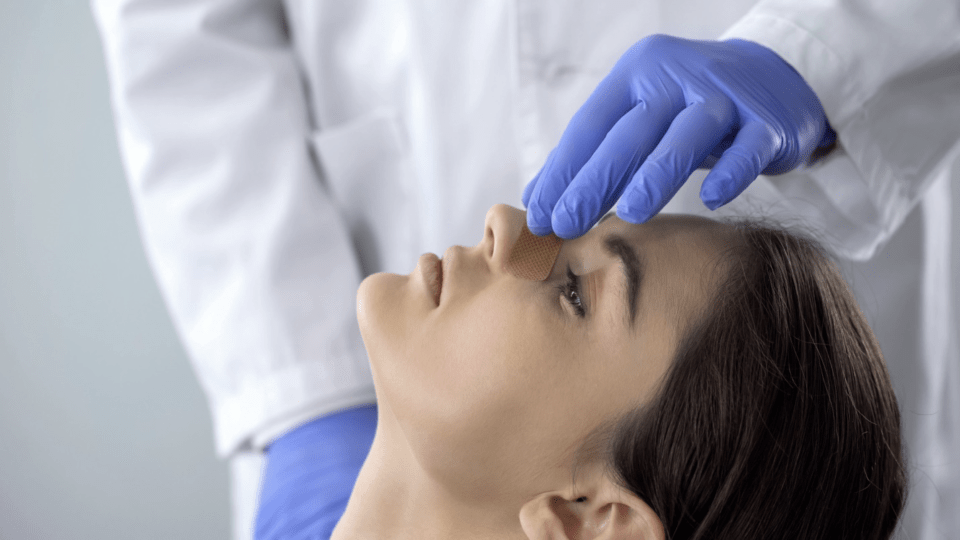Did you know that the most popular surgery in the world is rhinoplasty? In 2008 alone, almost 200,000 surgeries were performed in the US.
If you underwent rhinoplasty surgery recently. It’s an exciting time! However, you may have questions about your post-surgery recovery.
Nose swelling happens to almost everyone after rhinoplasty. It can be frustrating and uncomfortable. But don’t worry! We’re going to tell you how to manage nose swelling after rhinoplasty so you can recover quickly and get back to your usual self.
First, though, let’s take a look at how to reduce nose swelling after a rhinoplasty.
Sleep With Your Head Elevated
After the surgery, it is important to sleep with your head elevated to reduce swelling. This can be done by sleeping on your back with a couple of pillows under your head or by sleeping in a recliner.
The important thing is to keep your head above your heart to reduce the amount of swelling. You may also want to ice your nose for the first few days after surgery.
Apply a Cold Compress to Your Nose
Applying a cold compress to your nose can help reduce the amount of swelling. To do this, simply put a bag of ice or a cold compress on your nose for 10-15 minutes at a time.
Do this as often as you can during the first few days after surgery. You should start to see a reduction in swelling after a few days.
Avoid Nose-Blowing
Swelling and bruising are common after rhinoplasty, but there are things you can do to minimize these side effects. Avoid nose-blowing for the first week after your surgery.
This can help reduce swelling and prevent bleeding. You may also want to sleep with your head elevated for the first few nights to keep the swelling down.
Take it easy for the first few days after surgery and avoid strenuous activity. If you have any concerns about swelling or bruising, be sure to call your surgeon.
Avoid Strenuous Activity
Strenuous activity can increase swelling after endonasal rhinoplasty, so it is important to avoid anything that will raise your heart rate or blood pressure. This means no running, lifting weights, or other strenuous cardio for at least the first week after your surgery.
Walking is fine, but be sure to take it easy. You don’t want to put any unnecessary strain on your healing nose. Rhinoplasty costs a lot, so be sure to take care of it.
Follow Your Doctor’s Instructions
Your doctor will give you specific instructions or rhinoplasty tips on how to care for your nose after surgery. Be sure to follow these instructions carefully to guarantee a quick and healthy recovery.
If your doctor tells you to use a cold compress, do so. Cold helps reduce swelling. By doing so, you will ensure that your nose heals properly and the swelling goes down.
How to Reduce Nose Swelling After Rhinoplasty in a Nutshell
If your nose is swollen after rhinoplasty, just follow these tips on how to reduce nose swelling after rhinoplasty guide. Applying a cold compress to the area can help, as can avoiding nose-blowing and nose-picking.
Sleeping with your head elevated can also help prevent nose swelling. If you’re still concerned about the swelling, talk to your doctor.
Find this post helpful? Check out the rest of our blog for more valuable content.

